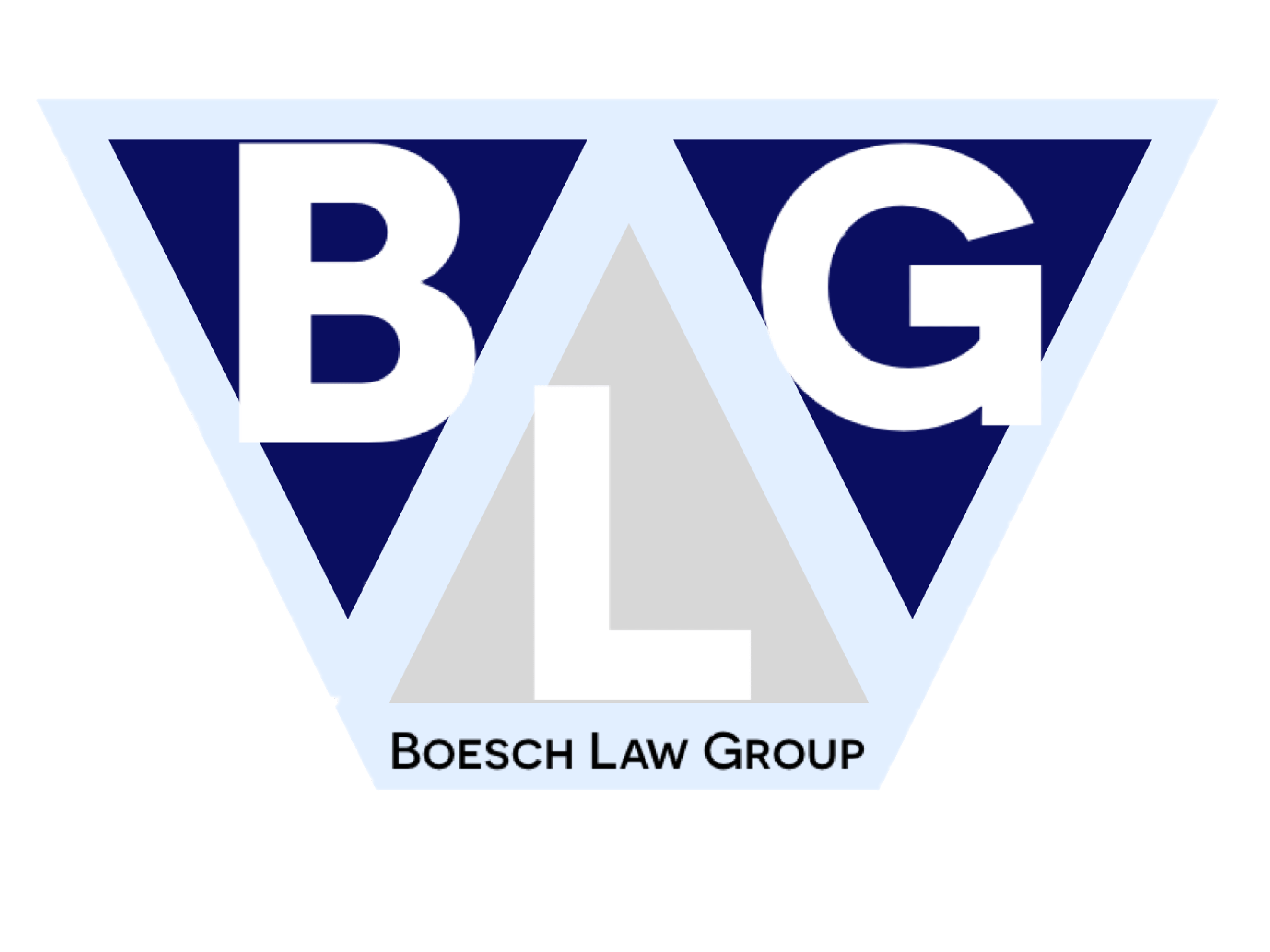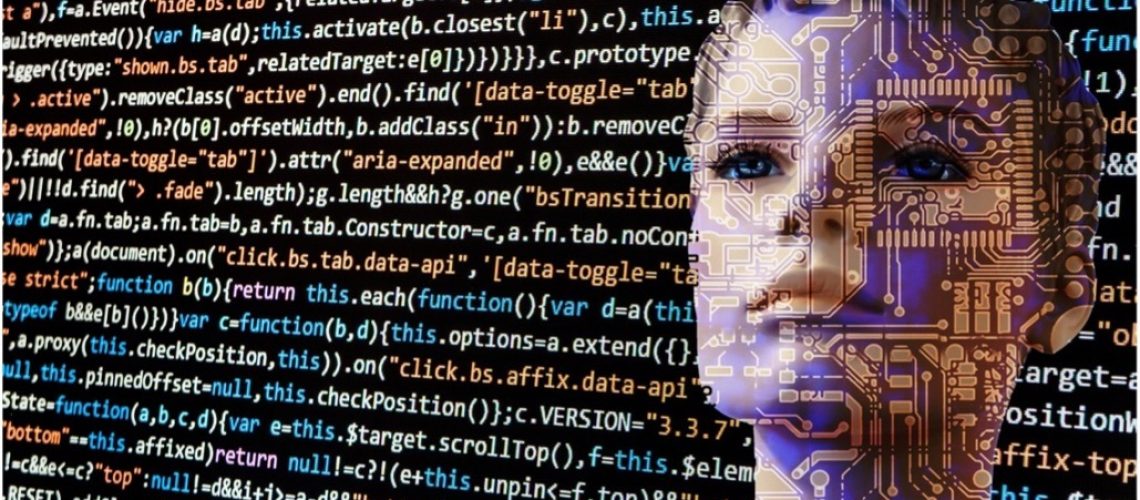As the entertainment industry comes to a standstill with both the Writers Guild of America (WGA) and the Screen Actors Guild/ American Federation of Television and Radio Artists (SAG/AFTRA) on strike over their collective bargaining agreements, the Alliance of Motion Picture and Television Producers (AMPTP) remains fixed in their position that the unions are making unreasonable demands. But one of those demands is related to the use of Artificial Intelligence or AI when it comes to using actors’ likeness in both featured and background capacity, and how and who gets compensated for future use. The field of AI is rapidly growing and will certainly have an effect on the legal practices for copyright and ownership of creative materials.
Comedian and author Sarah Silverman has recently filed suit against ChatGPT. Silverman’s lawsuit says “to train the OpenAI Language Models, OpenAI relied on harvesting mass quantities of textual material from the public internet, including Plaintiffs’ books, which are available in digital formats. OpenAI made copies of Plaintiff’s’ books during the training process of the OpenAI Language Models without Plaintiffs’’ permission. Specifically, OpenAI copied at least Plaintiff Silverman’s book The Bedwetter; Plaintiff Golden’s book Ararat; and Plaintiff Kadrey’s book Sandman Slime. Together, these books are referred to as the Infringed Works. Because the OpenAI Language Models cannot function without the expressive information extracted from Plaintiff’s’ works (and others) and retained inside them, the OpenAI Language Models are themselves infringing derivative works, made without Plaintiffs’ permission and in violation of their exclusive rights under the Copyright Act.”
Silverman’s complaint continues that ChatGPT “copied by OpenAI without consent, without credit, and without compensation.”The unprotected harvesting of another’s copywrited materials is the crux issue with AI and its uses in the entertainment industry. Without regulations and contractual protections, AI could be a real threat. But just how much of a threat? Let us ask the AI itself. The below is ChatGPT’s answer to the question of the dangers of AI in the entertainment industry.
The Uncanny Threat: Unraveling the Dangers of AI in the Entertainment Industry
The entertainment industry has always been at the forefront of innovation, constantly pushing the boundaries of creativity and technology to captivate audiences worldwide. In recent years, Artificial Intelligence (AI) has emerged as a powerful tool that promises to revolutionize the way entertainment content is created, consumed, and delivered. While AI has shown tremendous potential, there are significant dangers lurking beneath its shiny surface. In this blog post, we will explore the potential risks and pitfalls of AI’s integration into the entertainment industry.
Loss of Creativity and Human Touch
The entertainment industry thrives on the unique ideas, emotions, and creativity of talented individuals. With AI-generated content, there is a risk of losing the human touch that makes art and entertainment so captivating. As algorithms learn to predict and replicate successful patterns, we might see a decline in originality, leading to a homogenized landscape devoid of diverse perspectives.
Propagation of Stereotypes and Bias
AI algorithms are only as unbiased as the data they are fed. If the data used to train these systems are biased, they can inadvertently perpetuate harmful stereotypes, prejudices, and discrimination. In the realm of entertainment, this could mean reinforcing damaging societal norms and further marginalizing underrepresented groups. The responsibility falls on creators and AI developers to ensure that their algorithms are trained with diverse and inclusive data to avoid perpetuating harmful content.
Threat to Human Employment
The rise of AI in entertainment production can lead to significant job displacement for professionals in the industry. As AI algorithms gain the ability to write scripts, compose music, design graphics, and even perform in virtual environments, human creatives and performers may face unemployment or job insecurity. This scenario demands careful consideration of the ethical implications and the creation of a new ecosystem where human talents can coexist harmoniously with AI technologies.
Intellectual Property and Copyright Concerns
AI-generated content raises complex issues regarding intellectual property disputes and copyright ownership. Who owns the rights to content produced by an AI system – the AI developer, the content creator who trained the AI, or the AI system itself? The legal framework surrounding AI-generated content remains uncertain, and unless addressed properly, it could lead to a multitude of legal disputes and challenges.
Privacy and Data Security Risks
AI in the entertainment industry relies heavily on data collection and analysis to understand audience preferences and tailor content accordingly. However, this raises serious privacy concerns. The accumulation and handling of personal data in large quantities can expose individuals to potential breaches and misuse. Striking the right balance between personalization and data protection is crucial to safeguard the right to privacy of entertainment consumers.
Manipulation and Deepfakes
One of the most alarming dangers of AI in the entertainment industry is its potential to create highly realistic deepfakes. These synthetic media creations can manipulate and deceive audiences by superimposing a person’s likeness onto someone else’s body, altering their actions or speech. Such malicious uses of AI-generated content can cause social unrest, damage reputations, and exacerbate the spread of misinformation.
As AI continues to make significant strides in the entertainment industry, it is vital for creators, developers, and policymakers to navigate the potential dangers thoughtfully. Striking a balance between innovation and responsibility will be key to harnessing AI’s power while safeguarding against its potential negative consequences. Ethical guidelines, diversity in data training, and transparent AI practices can help create a more inclusive and responsible entertainment landscape that benefits both creators and audiences alike. Let us tread this path with caution, keeping in mind that the responsible integration of AI will determine the future of entertainment as we know it.
As technology advances, the laws related to technology must also evolve. Just like the AI said, striking a balance between innovation and responsibility will be key to harnessing AI’s power while safeguarding against its potential negative consequences. But rest assured that just like tech developers, lawyers are also heading into this new world to provide protection and remedy for those whose rights are infringed by the faceless, ever growing Artificial Intelligence. The Santa Monica lawyers at the Boesch Law Group are experts in evaluating, prosecuting, and defending intellectual property litigation, trade name disputes, trademark infringement cases, and unfair business practices. By taking a business-like approach to intellectual property disputes, BLG typically pursues settlement options, and options to avoid litigation, while actively protecting clients’ rights through court hearings and persuasive presentation.


